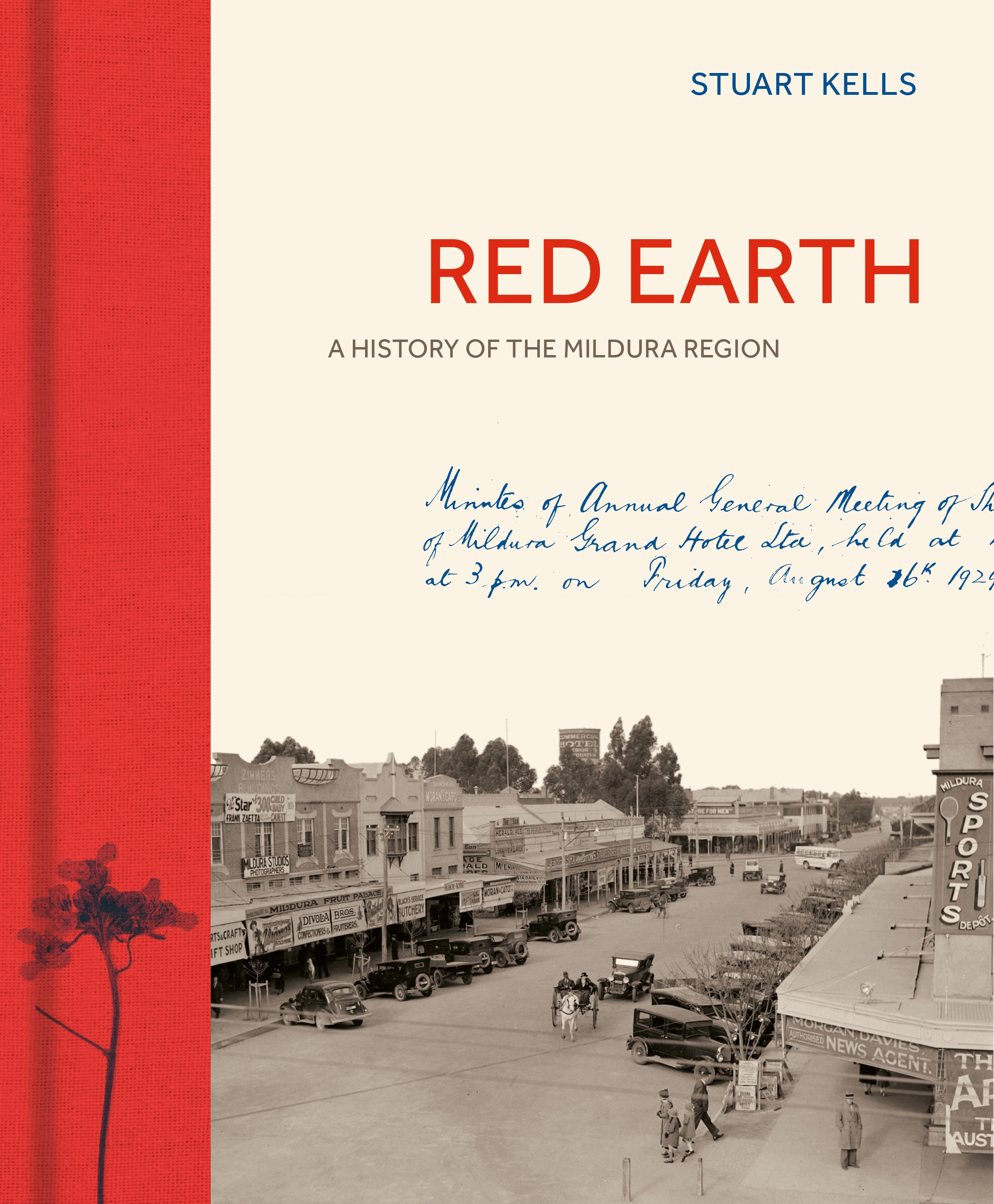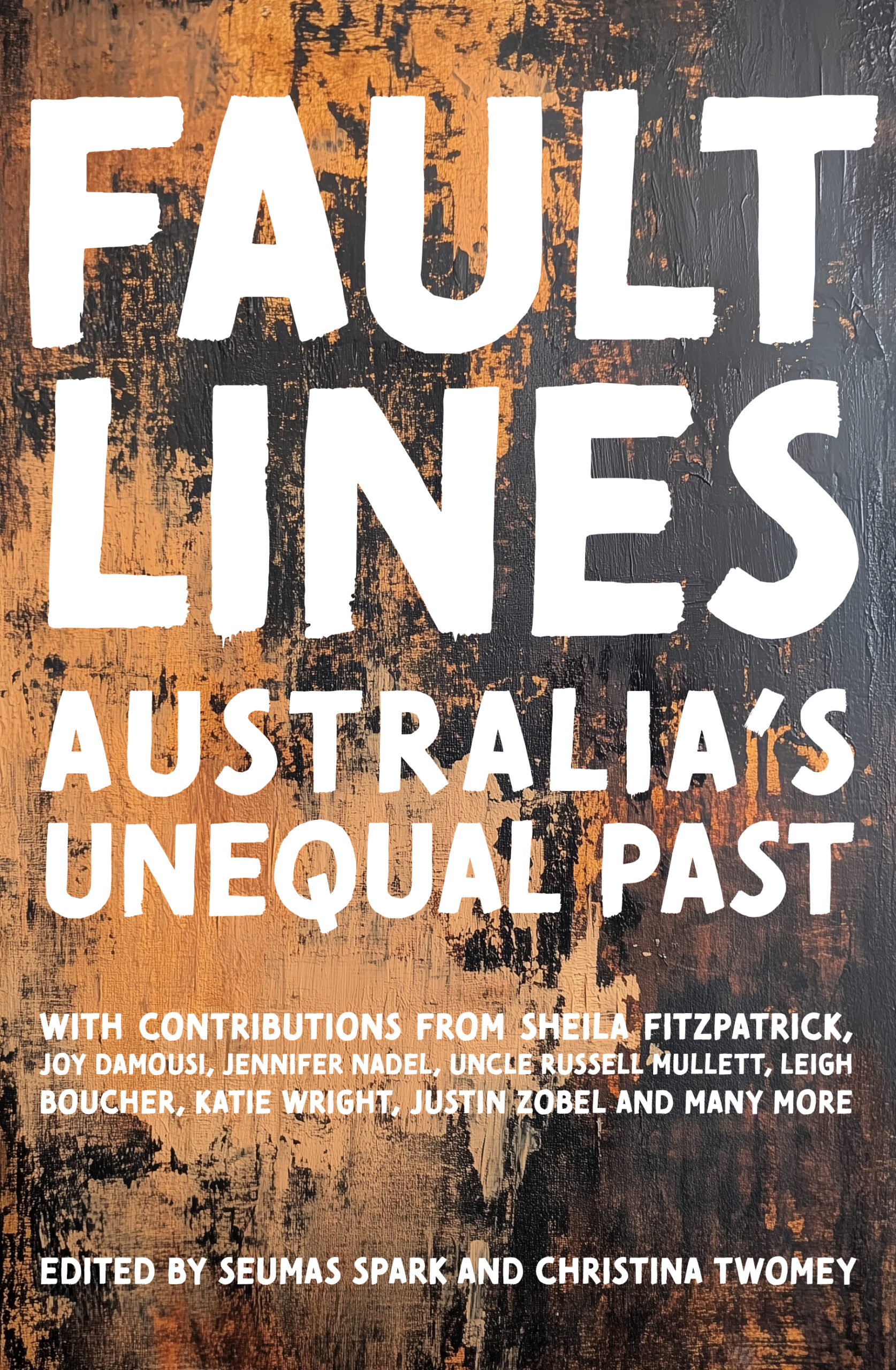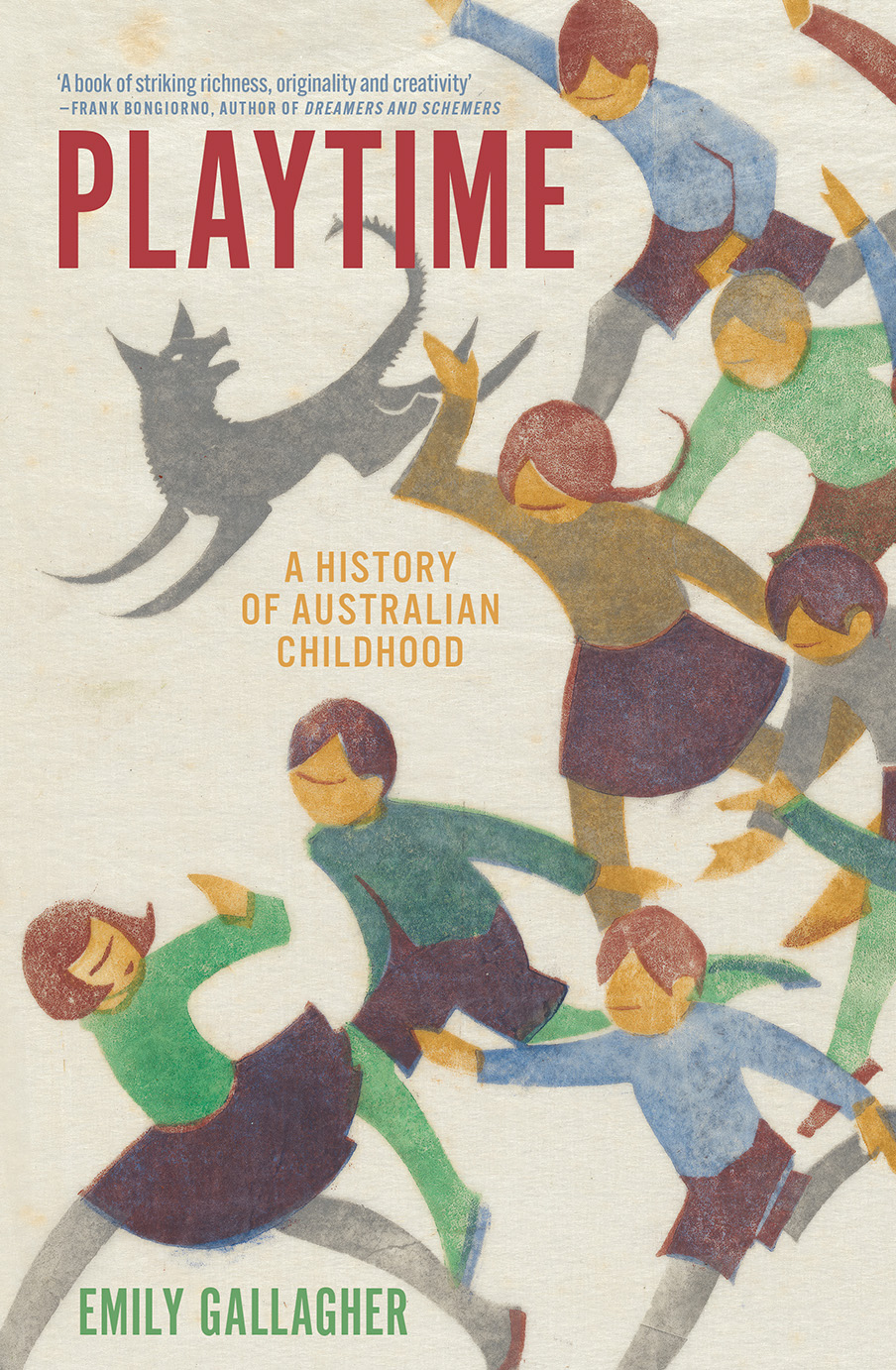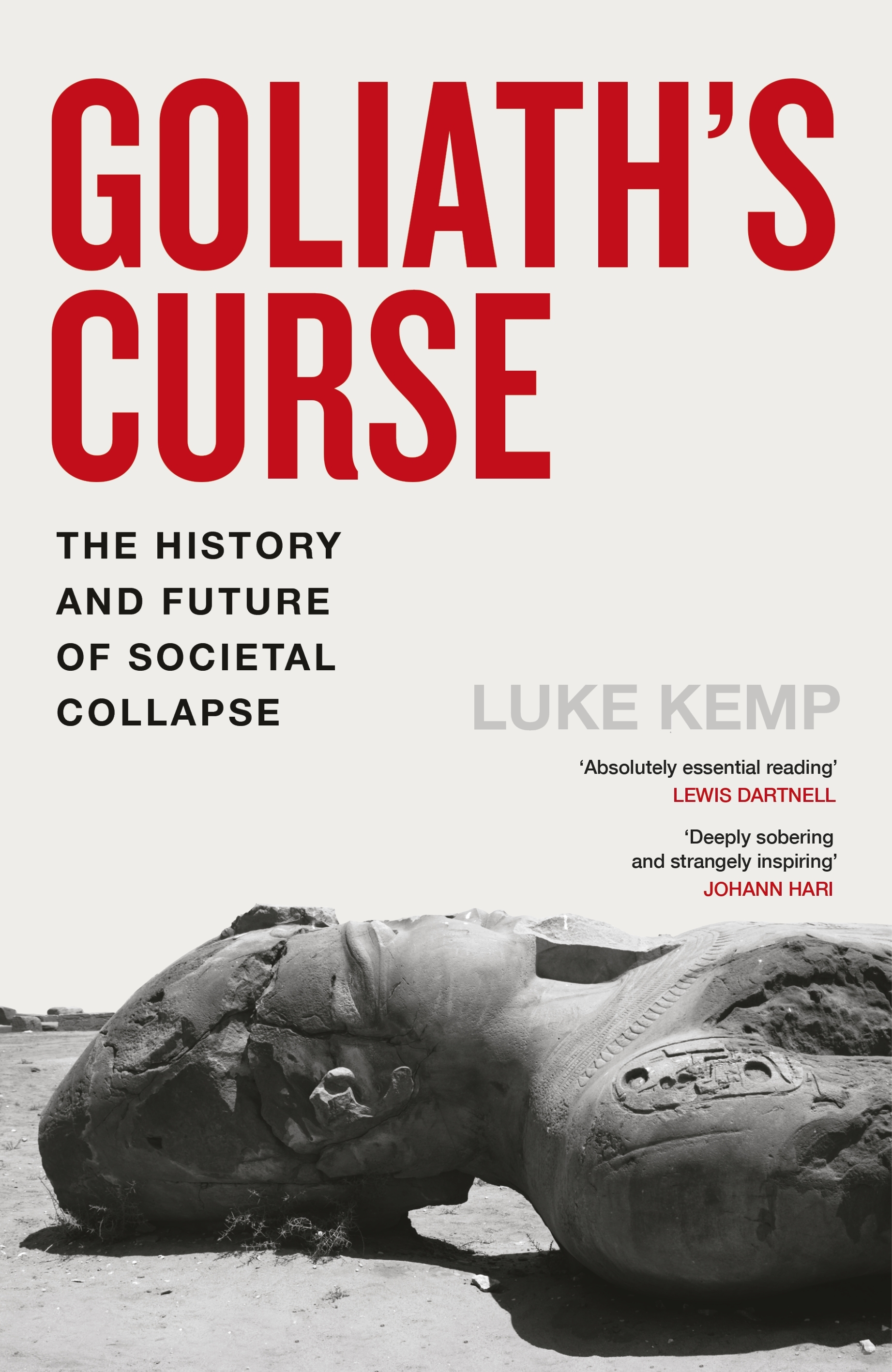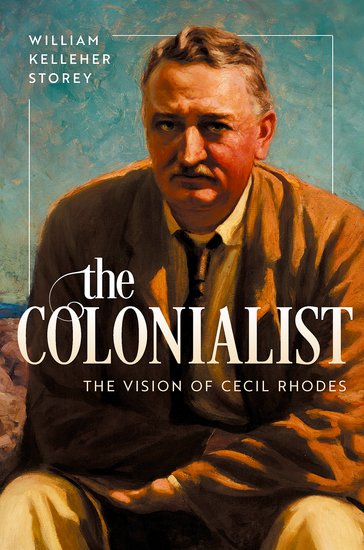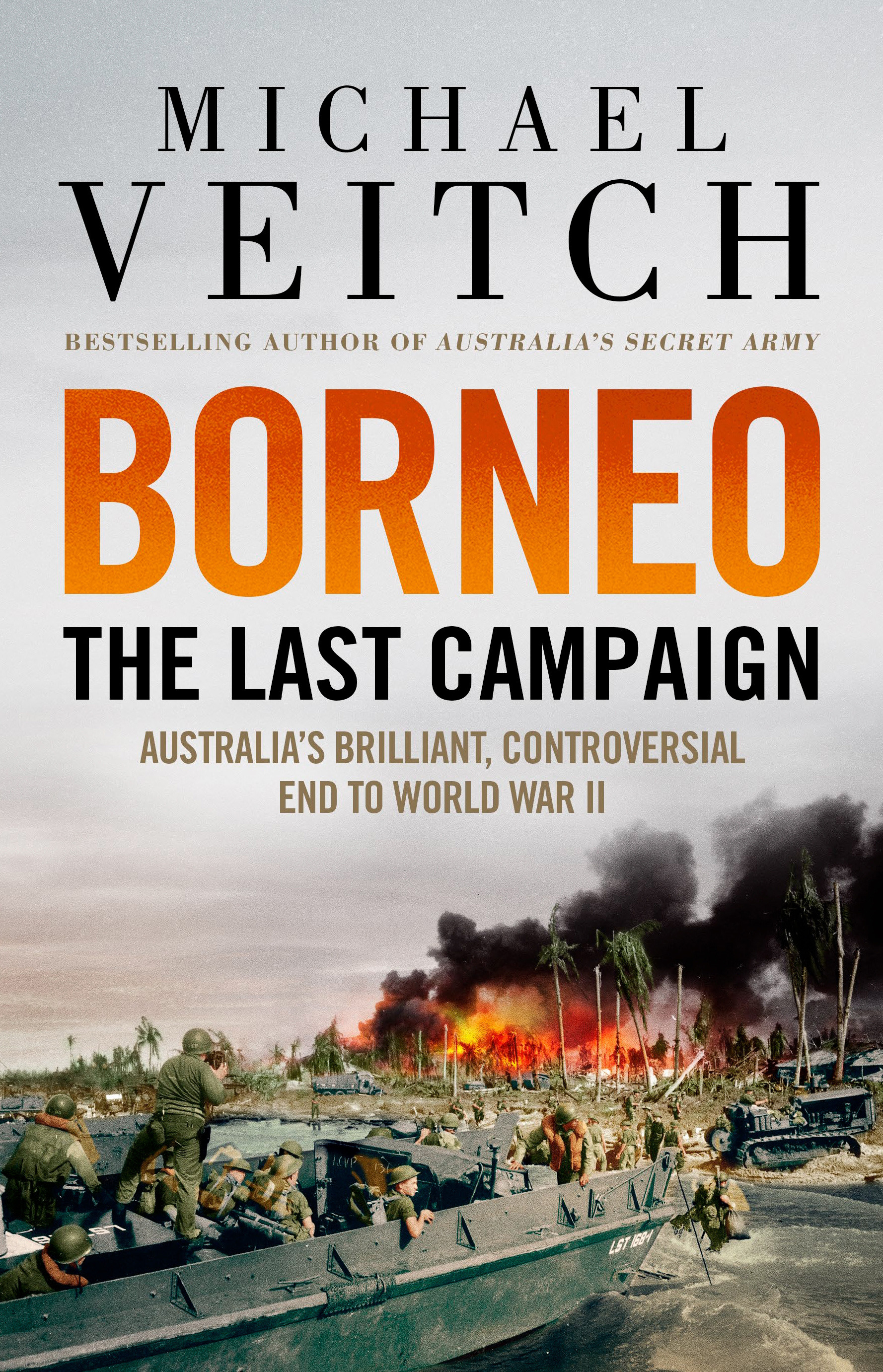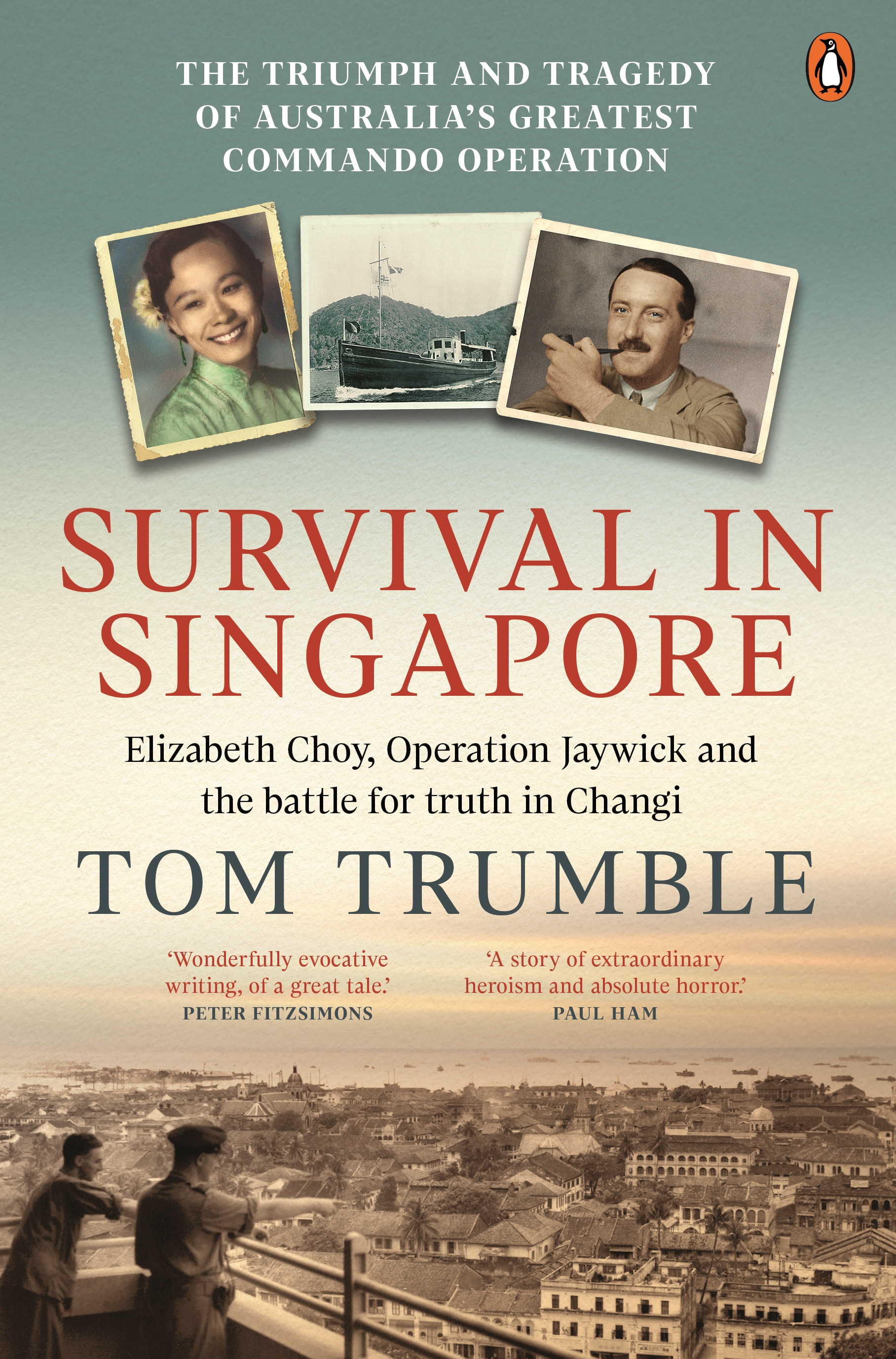History
Red Earth: A history of the Mildura region by Stuart Kells
In 1921, during his brief tenure editing The Mildura and Merbein Sun, the charlatan and blackmailer Grant Hervey combined satire and legend in a regularly serialised novel, hoping to forge a foundation myth for the Mildura region. The hero of A Don Quixote of the Saltbush was an American adventurer, Stephen Puritan; his loyal sidekick was a poorly conceived, simplistic Aboriginal man known as Pinggali. The two ride the bleak, rusty terrain of Mildura vowing vengeance on wrongdoers, to be enacted through a reinvention of the landscape via the installation of modern irrigation technology.
... (read more)Fault Lines: Australia’s unequal past edited by Seumas Spark and Christina Twomey
Like many edited collections, Fault Lines bears the marks of its origins in a conference, one on ‘Injustice, Survival, Memory’ at the Australian National University in 2022. The editors, in their introduction, explain that the central idea was to use the histories of the Dunera and Queen Mary (ships that carried interned Europeans to Australia during World War II) ‘as a basis for an examination of the theme of injustice in Australian history’.
... (read more)Playtime: A history of Australian childhood by Emily Gallagher
In her ambitious and skilful examination of childhood and play, Emily Gallagher has carefully foregrounded the voices and thoughts of children, situating them as sources as well as historical actors. This is no easy task. Histories of childhood are mostly told from the viewpoint of adults: they are about children, rather than by children. In colonial Australia, the daily existence of children was harnessed to the circumstances of the adults – mostly parents – who cared for them, and who made key decisions about their education, work, and aspirations. Wider social commentary about young people, either sparked by moral panic or casting the next generation as the embodiment of a hopeful future, was proclaimed by adult authority figures.
... (read more)Goliath’s Curse: The history and future of societal collapse by Luke Kemp
To explain the great arc of human experience is daunting. In Guns, Germs and Steel: The fates of human societies (1997), Jared Diamond argued that environment and geography shape culture and technology, allowing some societies to prosper while others fail. In Sapiens: A brief history of humankind (2011), Yuval Noah Harari described successive revolutions that saw one variety of humans transform the planet. Harari lamented the decision to leave the hunter-gatherer life for agriculture; populations grew in number but became victims of regular famine, war, and disease.
... (read more)Erased: A history of international thought without men by Patricia Owens
The Australian philosopher Michelle Boulous Walker – writing in Philosophy and the Maternal Body: Reading silence (1998) – argued that making sense of the exclusion of women from Western philosophy required thinking beyond a ‘spatial logic of “inside” and “outside”’; the marginalisation of women’s voices ‘needs to be understood as something more than a simple exclusion’. In the case of institutional philosophy, at least, this is because there are logics found within it that work to silence women.
... (read more)The World at First Light: A new history of the Renaissance by Bernd Roeck, translated from German by Patrick Baker
A few years ago, conservatives in Australia supported a push to get courses on Western Civilisation into universities, with generous funding from the Ramsay Foundation. They wished to combat what they saw as an overemphasis on the evils of colonialism and postcolonial exploitation and to reinstate a history proclaiming the benefits of European culture. At first glance, Roeck’s book matches this agenda. It retells, in updated form, the grand narrative of a sublime ancient Greek culture – described as ‘an unparalleled achievement of the human mind’ – transmitted by the Romans, then rediscovered and enhanced by the Renaissance, that ultimately brought the benefits of democracy and European science to the world. Its heroes (the word recurs repeatedly) are male thinkers, artists, and inventors, and its ‘modernity’ is exclusively European.
... (read more)This week, on The ABR Podcast, Clare Corbould reviews The Shortest History of the United States of America by Don Watson. Corbould praises Watson’s ‘sharp observations’ and his ‘wry and knowing analysis’ but notes a ‘melancholic tone’ as he explores the United States’ slide ‘into populism and authoritarianism’
... (read more)The Colonialist: The vision of Cecil Rhodes by William Kelleher Storey
Very few people – apart from royalty – have had countries named after them. But the coinage ‘Rhodesia’ was being used a few years after the white military force Pioneer Column moved into Zimbabwe in 1890. For Cecil Rhodes was truly a colossus, punningly named after one of the ancient Seven Wonders of the World. A famous Punch cartoon has him bestriding the map of Africa, one foot on Cape Town and the other on Cairo, linked by a telegraph line hanging from his outstretched arms.
... (read more)In writing Borneo: The last campaign, Michael Veitch has taken on a worthy subject. It was ‘the largest, most complex, most meticulously planned amphibious military operation ever undertaken by the forces of Australia’. Yet, despite its scale and the military prowess displayed, the campaign has received little sustained attention in print since the publication of Gavin Long’s official history, The Final Campaigns, in 1963 and is overshadowed in the public imagination by the great epics of Australian military history, like Gallipoli and Kokoda.
... (read more)Survival in Singapore: Elizabeth Choy, Operation Jaywick and the battle for truth in Changi by Tom Trumble
This book starts with something of a bum steer. The cover declares that Survival in Singapore is about the ‘triumph and tragedy of Australia’s greatest commando operation’. It turns out that the commando operation is not its main subject at all, as Tom Trumble acknowledges in his note to readers, but the hook for a tale of sacrifice and suffering in Japanese-occupied Singapore during World War II. This faint misdirection did not trouble me – the subject of wartime Singapore interests me more than a tale of derring-do – but it did surprise. Is this part of marketing a popular war history – always go with the more dramatic angle?
... (read more)
